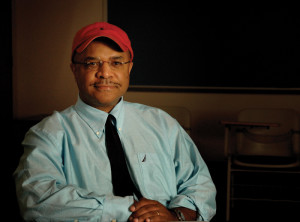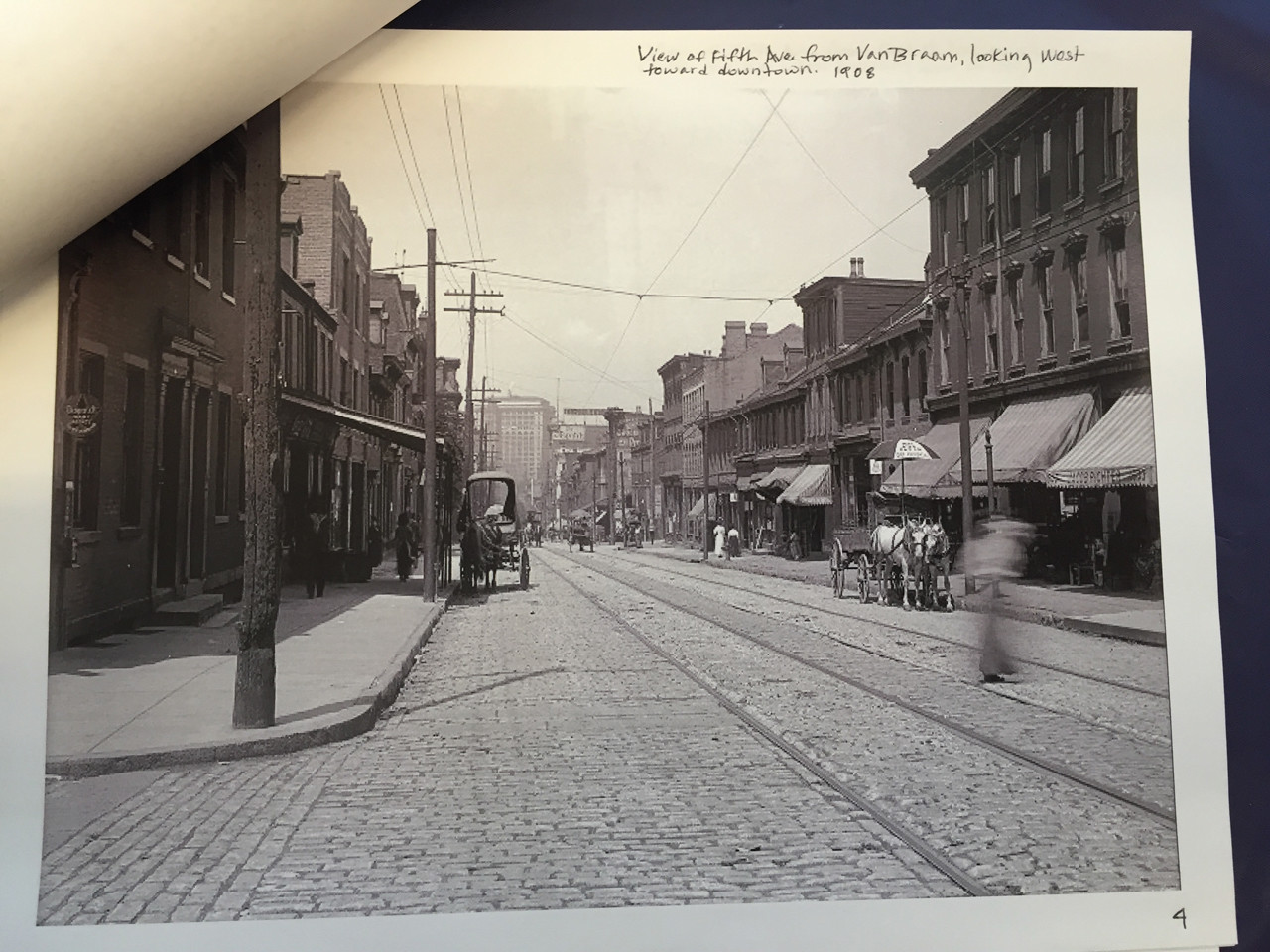

By Bridget Seelinger | The Duquesne Duke
An essay by a Duquesne philosophy professor about what it’s like to be black in “White America” was honored by the American Philosophical Association last week, prompting disagreements from local police officials about the essay’s message.
Professor George Yancy’s essay, “Walking While Black in the ‘White Gaze,’” explores how blacks are treated in the country today, by law enforcement in particular.
“Black bodies in America continue to be reduced to their surfaces and to stereotypes that are constricting and false, that often force those black bodies to move through social spaces in ways that put white people at ease,” Yancy wrote in his essay. “We fear that our black bodies incite an accusation. We move in ways that help us to survive the procrustean gazes of white people.”
The essay, which was written in 2013 and featured in The New York Times, criticized the way people viewed the killing of Trayvon Martin, an unarmed black teenager who was shot in 2012 by neighborhood watch coordinator George Zimmerman.
In the essay, Yancy also recalled when he was nearly killed by a police officer in the 1970s for carrying a telescope. He told The Duke he was interested in exploring how white officers perceive black people.
“In the example of a police officer that can see a telescope as a gun or can see a wallet as a gun, I think that they have not even begun to look at the levels of racism that they harbor,” Yancy said, “and haven’t even begun to think about how much racism is etched into their souls.”
Henry Wiehagen, president of the Fraternal Order of Police Lodge 91 in Allegheny County, disagreed with Yancy’s message.
“When a police officer approaches you, just do what they tell you and you shouldn’t have any problem,” Wiehagen said. “You can’t force people to like each other.”
In response to Wiehagen’s comments, Yancy said he agrees everyone has to follow orders, but that it’s not just about black people doing what police officers tell them to do.
“My argument is that there is a more profound issue that needs to be discussed first and that is the lack of trust between black people and police officers, especially where the history of white police officers is one that is based on harassment of black people,” Yancy said.
Les Neri, president of the Fraternal Order of Police, Pennsylvania State Lodge, said police officers “don’t view [themselves] as white or black, male or female, Asian or Hispanic.”
“We view ourselves as the thin blue line, all of us, and that’s between an orderly society and those who would do harm to others,” Neri said.




